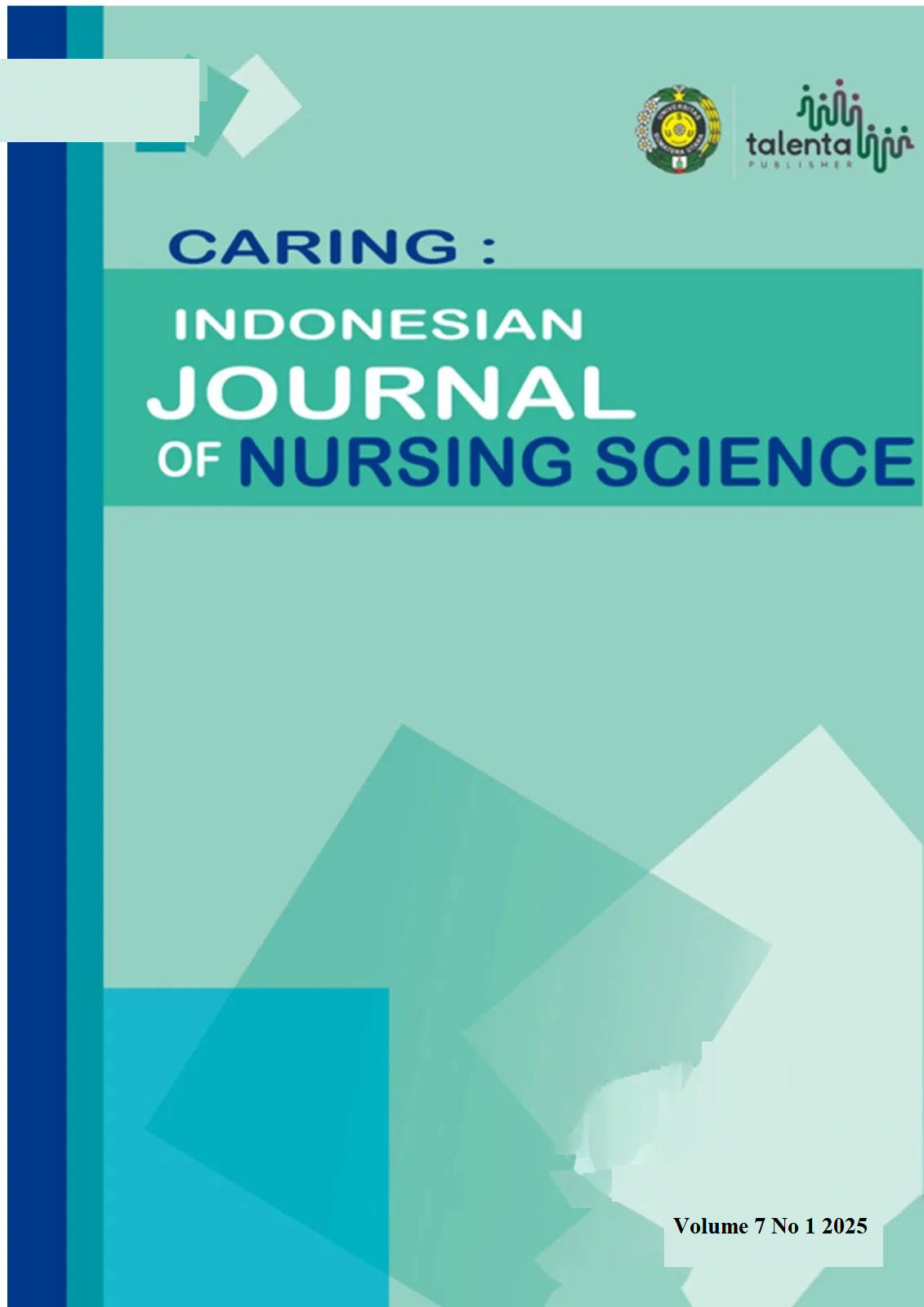The The Impact of Artificial Intelligence on Health Literacy of Surgical Patients: A Literature Review
DOI:
https://doi.org/10.32734/ijns.v7i1.20689Abstract
This literature review was conducted to evaluate studies assessing the impact of artificial intelligence on the health literacy of surgical patients. A systematic search of the PubMed, Science Direct, Taylor & Francis, and Google Scholar databases, as well as the National Academic Network and Information Center, was performed. The search was limited to articles published in English or Turkish in the last five years, using the following keywords such as "Artificial Intelligence," "General Surgery," "Health Literacy," and "Nursing." A total of twenty articles, conducted in Turkey and other countries, met the specified scope conditions for this review. The findings indicate that a considerable number of studies have addressed health literacy in the context of surgical operations. A key determination was that 95% (n=19) of the virtual chatbots examined within these studies were ChatGPT. It was observed that these chatbots generally delivered accurate information at a "medium and above" readability level. The positive correlation between enhanced patient health literacy and improved surgical outcomes is well documented in the literature. Moreover, the integration of technological advancements, particularly from the field of artificial intelligence, has been demonstrated to increase the effectiveness of nursing care. Consequently, addressing health inequalities requires urgent, twofold measures: firstly, implementing targeted efforts to improve the health literacy of disadvantaged groups, and secondly, adapting nursing education to reflect technological advancements.
Downloads
Downloads
Published
How to Cite
Issue
Section
License
Copyright (c) 2025 Caring: Indonesian Journal of Nursing Science

This work is licensed under a Creative Commons Attribution-ShareAlike 4.0 International License.








